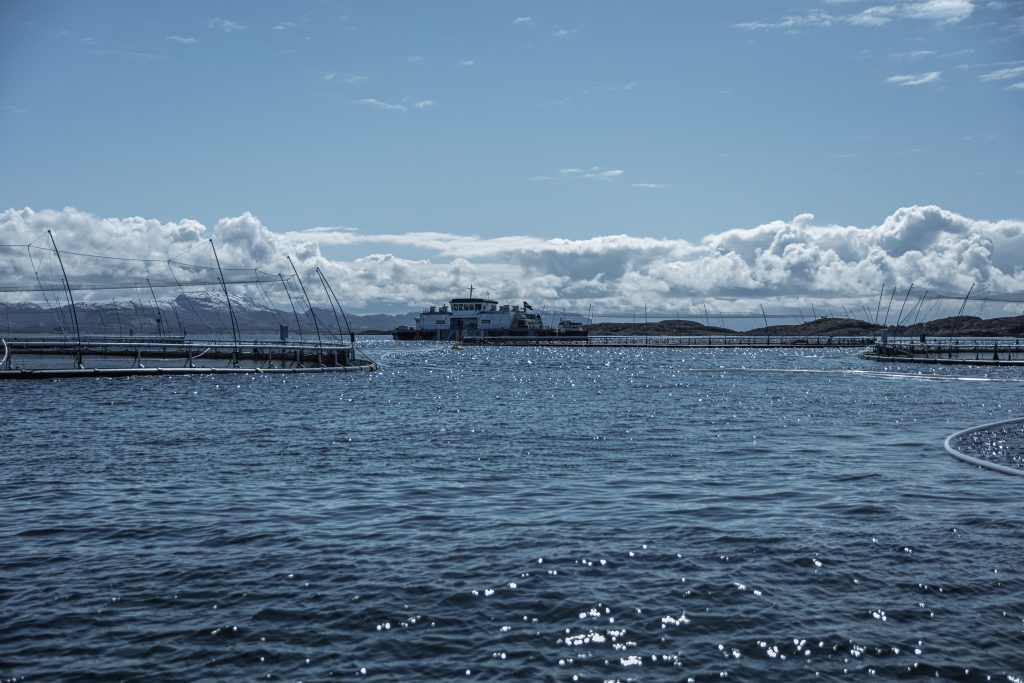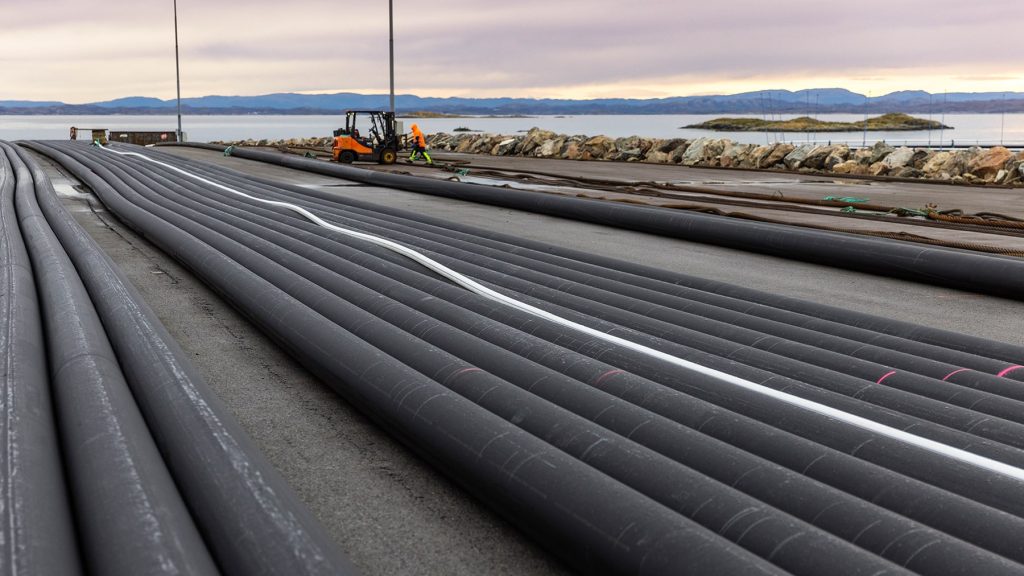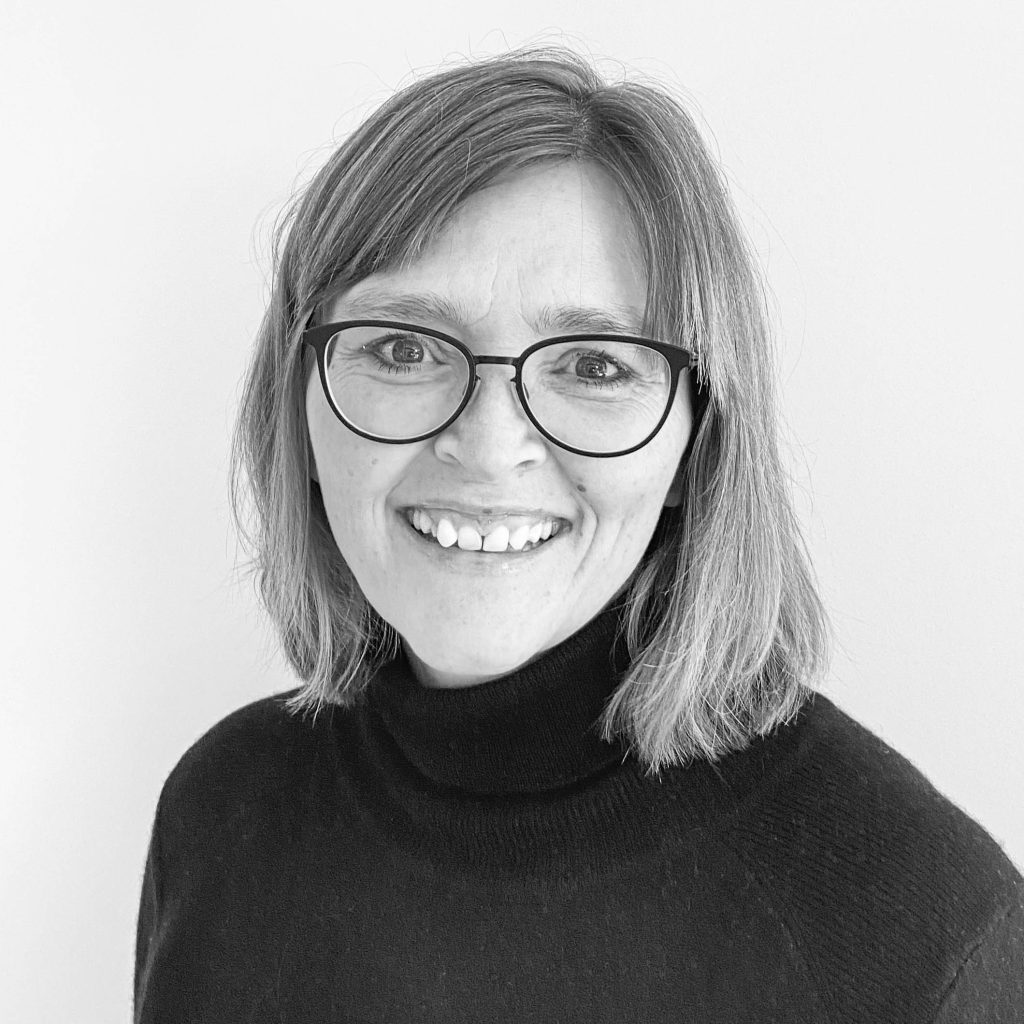
To promote the transition from linear to circular economy in aquaculture
This will be done by establishing and implementing sustainable circular value chains for plastics from discarded equipment from the aquaculture industry through reuse, repair, lifetime extension and the use of recycled materials in new products.
The purpose is to optimize resource use as well as reduce the environmental and climate footprint of aquaculture, where the vision is “zero plastic waste by 2030.”
Description of the project
The project will develop solutions for one of the largest waste streams in the fish farming industry; plastic materials from end-of-life fish farms. This waste stream represents an untapped potential for added value and a great need for increased circularity. In total, it is estimated that there are 5,500 cages/floating collars with nets that are in use in Norway today. A fish farm with 8-10 cages and associated equipment amounts to an estimated more than 300 tons of plastic.
Overall, this amounts to up to 192 000 tons of plastic, of which plastic waste of 16,000-29,000 tons is generated.
Hognes, E. S., & Skaar, C. (2017). Avfallshåndtering fra sjøbasert havbruk. 32. https://sintef.brage.unit.no/sintef-xmlui/handle/11250/2477381
This material is very suitable for material recycling.
The project will develop processes for the reuse, lifetime extension and increased use of recycled plastic in new products. Important topics include eco-design of new products, digital solutions for environmental reporting and traceability throughout the value chain. We will identify obstacles in current rules and standards and push for changes that must be made to increase the use of circular solutions for aquaculture equipment. Load bearing structures such as floating collars and bottom rings made from recycled materials will undergo testing in the ocean pool at Tyholt with SINTEF Ocean.

Image: Our production facility at Frøya
The project will transform the industry to a circular economy and contribute to combating ocean pollution. It will also reduce the greenhouse gas emissions from the industry by reducing the consumption of fossil raw materials by reusing, extending the life of and recycling end-of-life fish farms.
This will be a positive boost for the required green transition in aquaculture, it will give us new knowledge and expertise. A more sustainable aquaculture ecosystem is also a precondition to creating even more jobs in this industry,” says Hanne Digre, project manager for SirkAQ.
The project started up in January 2023 and will last for three years.
Partners
The project has a strong consortium of partners throughout the value chain from producer, supplier, farmer to recycler. In addition, SirkAQ has strong R&D partners in relevant disciplines.
Work packages
SirkAQ contains 6 work packages:
Project organization
About the project
In December 2022, the “Circular solutions for the aquaculture industry” project (SirkAQ) was awarded a grant of almost NOK 70 million from the government’s Green Platform support scheme. Green Platform is an initiative to support research- and innovation-driven green restructuring in trade and industry. The goal of the SirkAQ project is to promote the transition from a linear to circular economy in aquaculture by establishing and implementing sustainable circular value chains for plastics from discarded equipment from the aquaculture industry through reuse, repair, lifetime extension and the use of recycled materials in new products. The purpose is to optimize resource use as well as reduce the environmental and climate footprint of aquaculture, where the vision is “zero plastic waste by 2030.” The project has a strong consortium of partners throughout the value chain from producer, supplier, farmer to recycler. In addition, SirkAQ has strong R&D partners in relevant disciplines. Scale Aquaculture AS is the responsible company and heads the project.
Partners
The project comprises the partners:
ScaleAQ
Oceanize
Hallingplast
SinkabergHansen
OsloMet
Norner Research
Sintef Ocean
Future Materials
This constitutes a professionally sound and broadly composed consortium representing the entire value chain. Scale Aquaculture AS is the responsible company and heads the project.
Questions?
Questions related to the SirkAQ project can be directed to:
